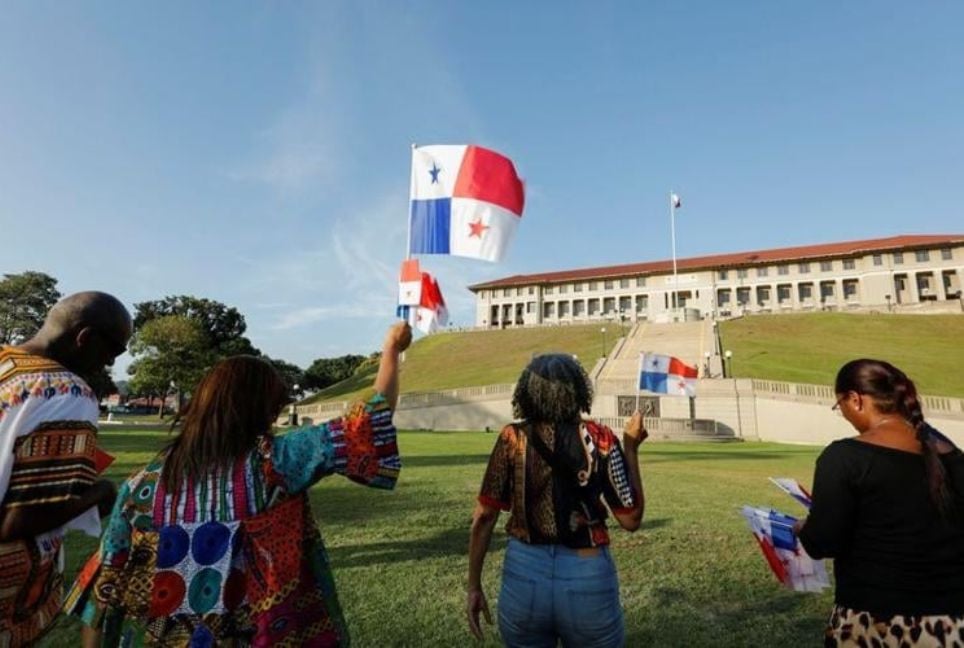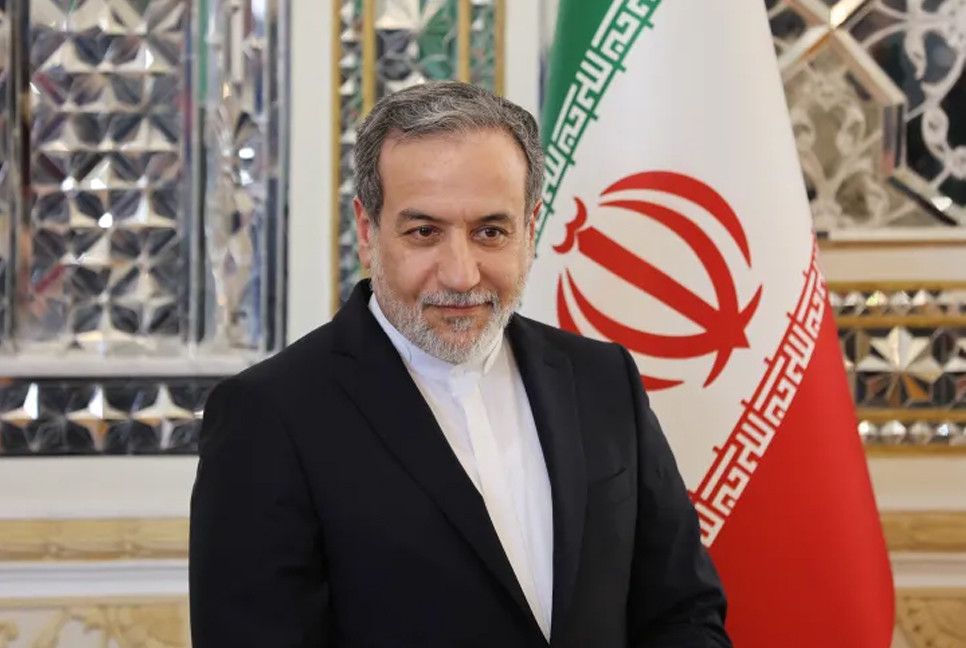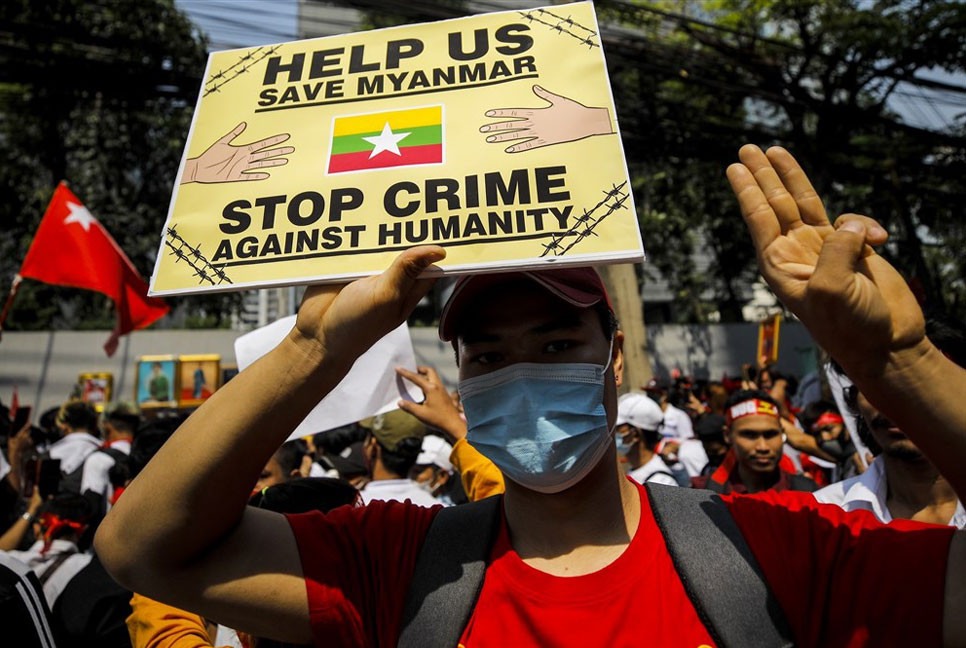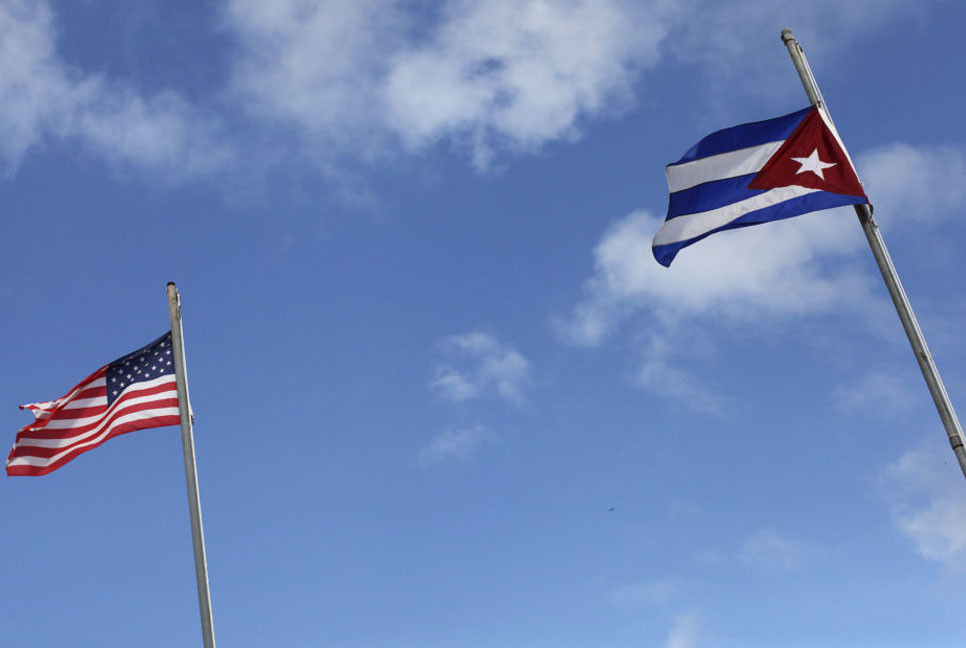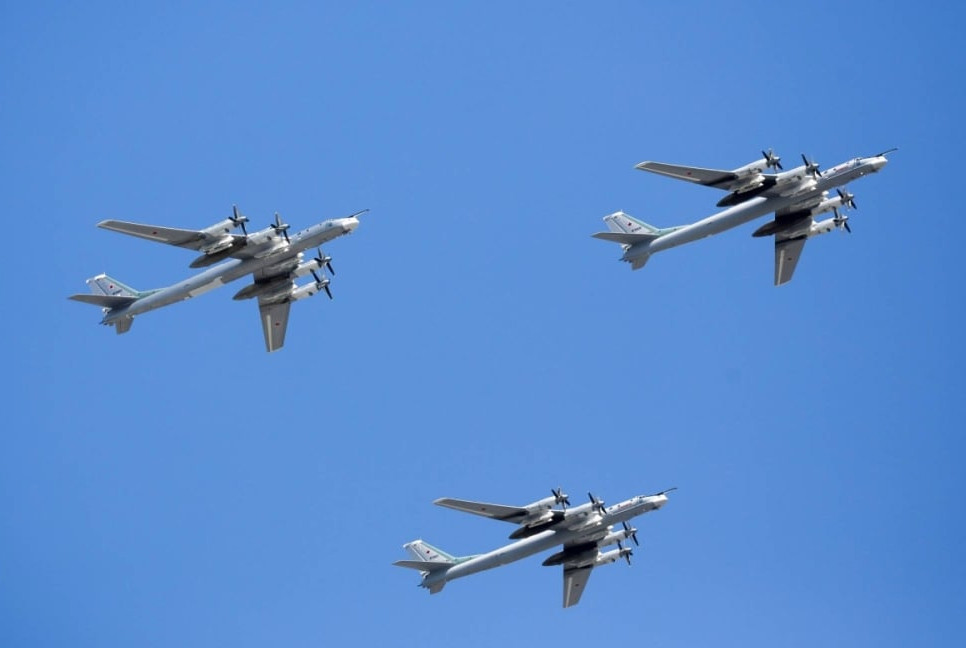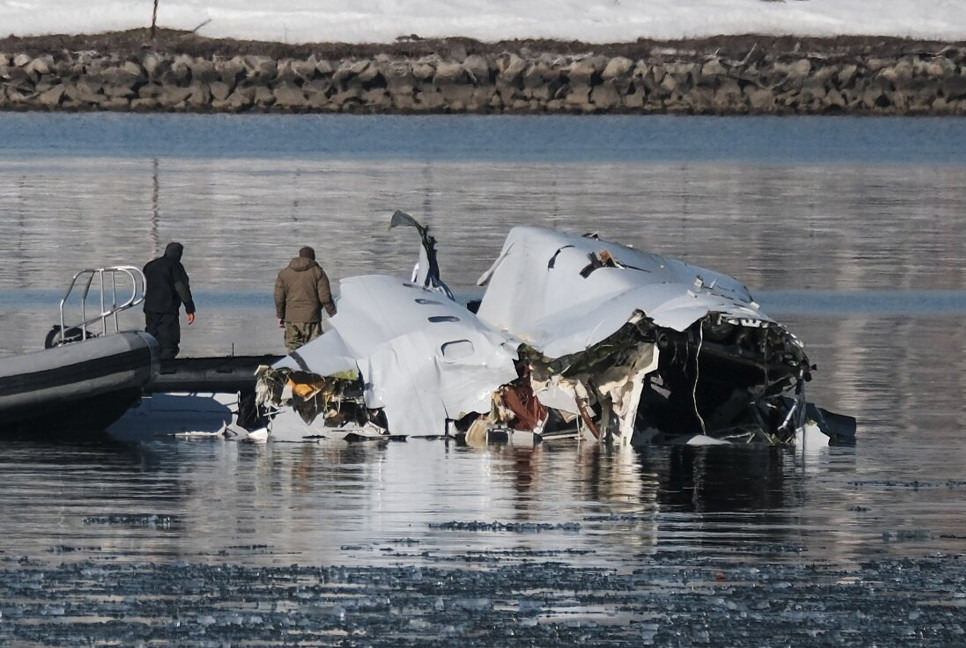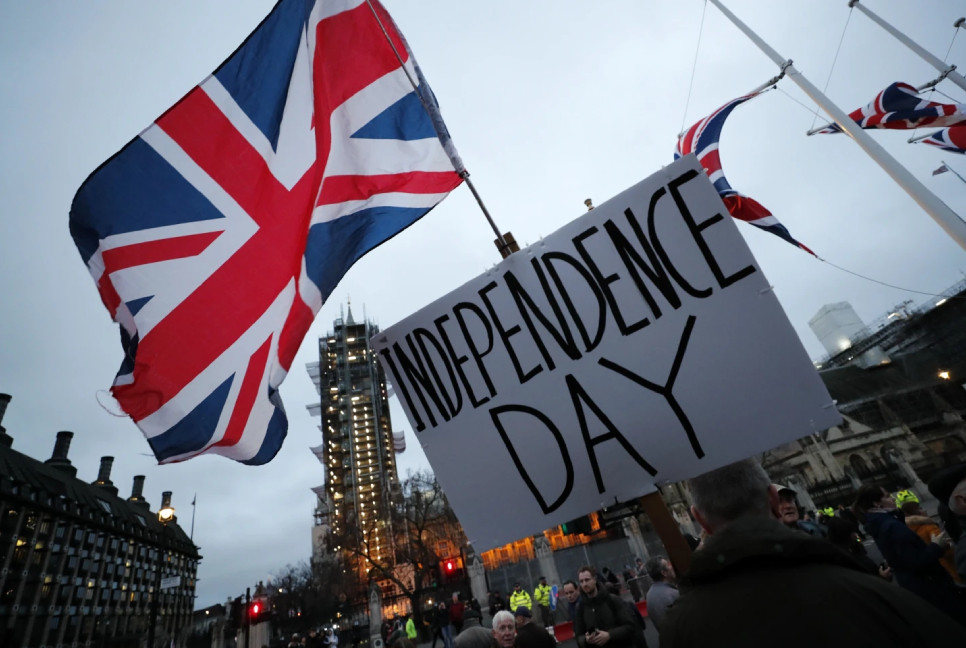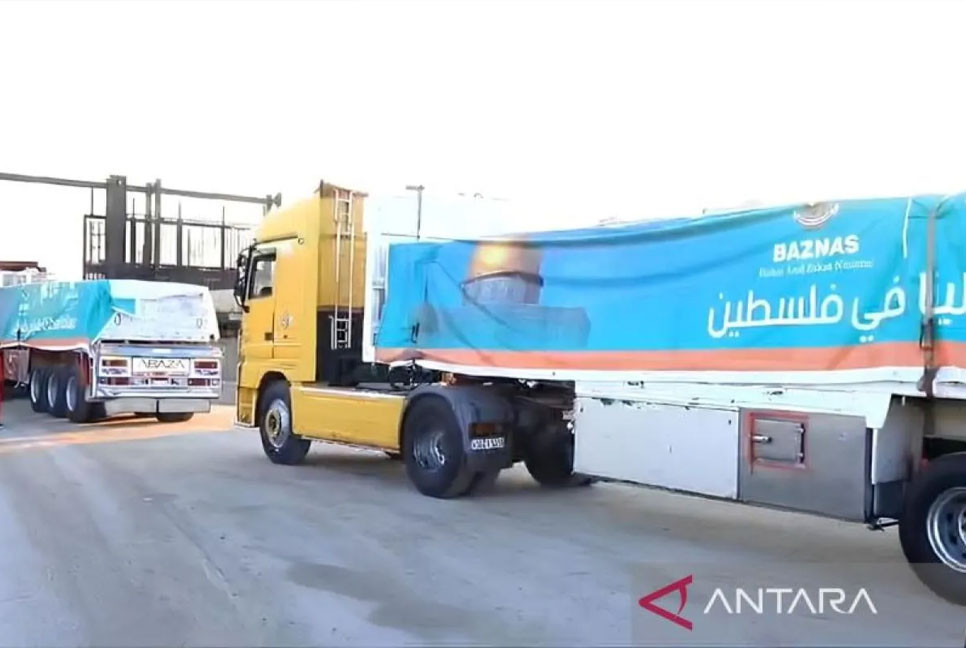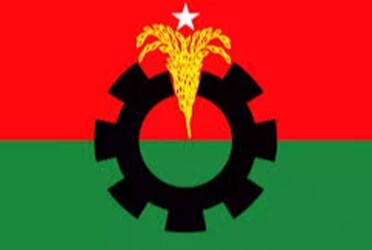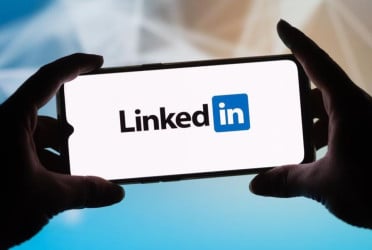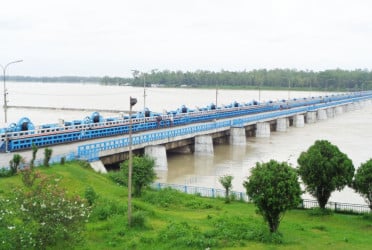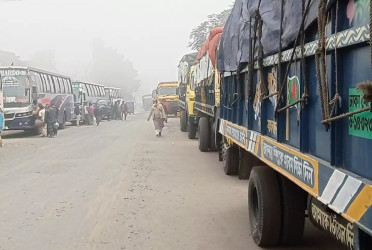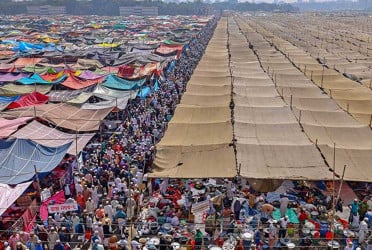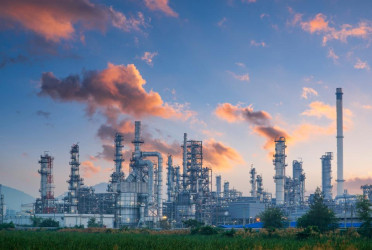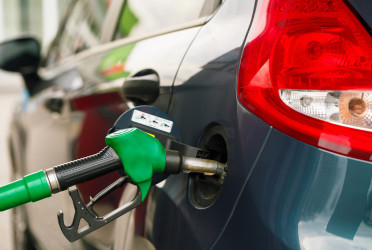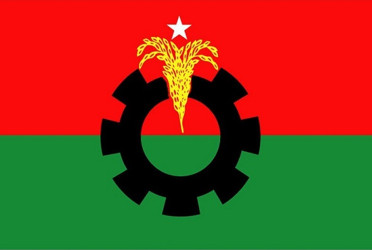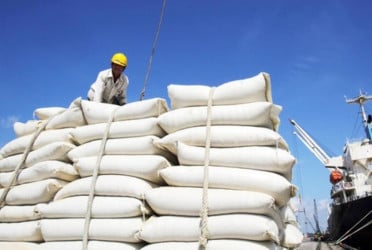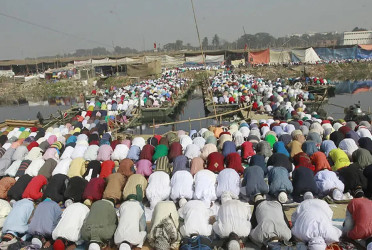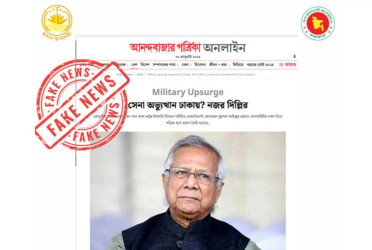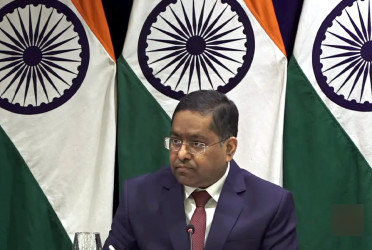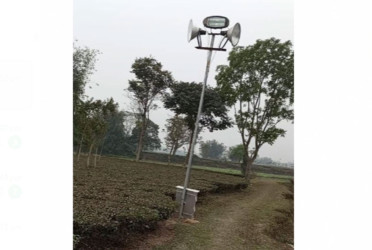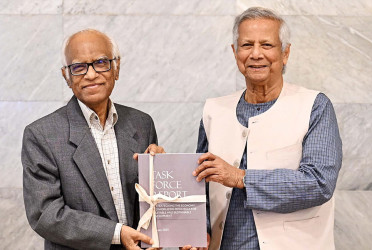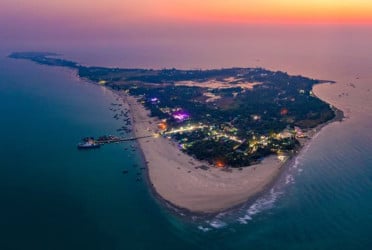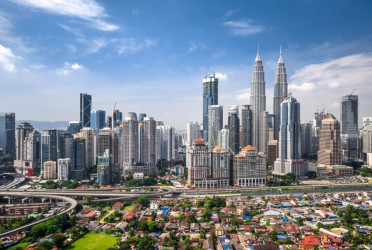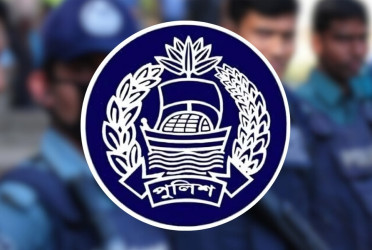Some US officials are citing the 1977 Panama Canal Neutrality Treaty to justify concerns over China's growing influence in the canal’s operations. The treaty, effective since 1999, ensures the canal remains open to all nations and allows the US to defend it if threatened.
However, legal experts argue that using the treaty as a pretext for US intervention faces significant hurdles.
The Panama Canal, built by the US in 1914 and transferred to Panama in 1999, is now managed by the Panama Canal Authority. Former President Donald Trump falsely claimed China operates the canal, expressing concerns over its tolls and Chinese business presence in Panama.
During a Senate hearing, Federal Maritime Commission (FMC) Chairman Louis Sola stated that the US might impose restrictions on Panama-flagged ships in response to these concerns. With over 8,000 ships registered under the Panamanian flag, such measures could have significant trade implications.
China’s presence and alleged security threat
The treaty states that the canal must remain open for peaceful transit, but some US lawmakers claim China’s involvement threatens its neutrality. Senator Ted Cruz pointed to a Chinese-built bridge and Chinese-operated ports at both ends of the canal as security risks.
The $1.3 billion bridge, under construction by state-controlled Chinese firms, is expected to be completed by 2026. Meanwhile, Hong Kong-based CK Hutchison Holdings has operated key Panamanian ports for over two decades. While not directly controlled by Beijing, Hong Kong firms are subject to Chinese oversight.
Legal experts at the hearing raised concerns over China’s long-term strategic interests in the region. However, Panama has dismissed these fears, with President Jose Mulino firmly stating that the canal belongs to Panama and is not up for negotiation.
Are Panama’s canal tolls a violation of neutrality?
Some US officials claim recent toll hikes disproportionately impact American trade. The canal reported a 5 percent revenue decline last year due to drought, but between 2020 and 2023, toll revenues surged nearly 26 percent.
While over 75 percent of vessels using the canal are linked to US trade, Panama maintains that tolls are applied equally based on ship type, size, and reservation status. Experts argue that the US is affected mainly because it relies heavily on the canal.
Former US ambassador to Panama, John Feeley, noted that the US no longer operates a significant commercial fleet, with American-flagged cargo vessels dropping from 10 percent in the 1960s to just 1.5 percent today.
He emphasized that toll increases are consistent with global trends, including at the Suez Canal, and are driven by economic and environmental factors rather than political bias.
Despite US concerns, Panama remains firm in its stance, asserting that it will not renegotiate control or policies governing the canal.
Source: Reuters
Bd-pratidin English/Fariha Nowshin Chinika

